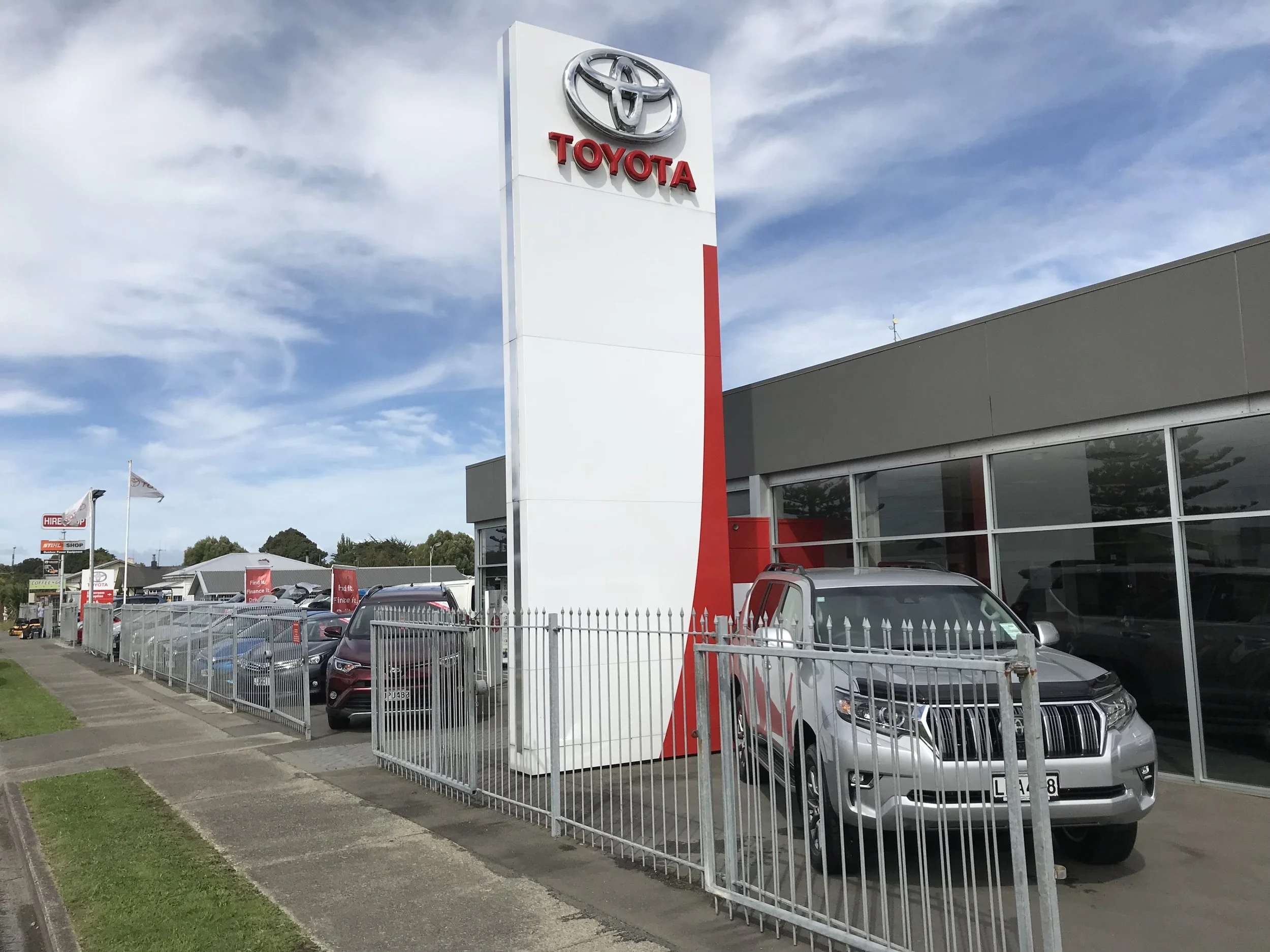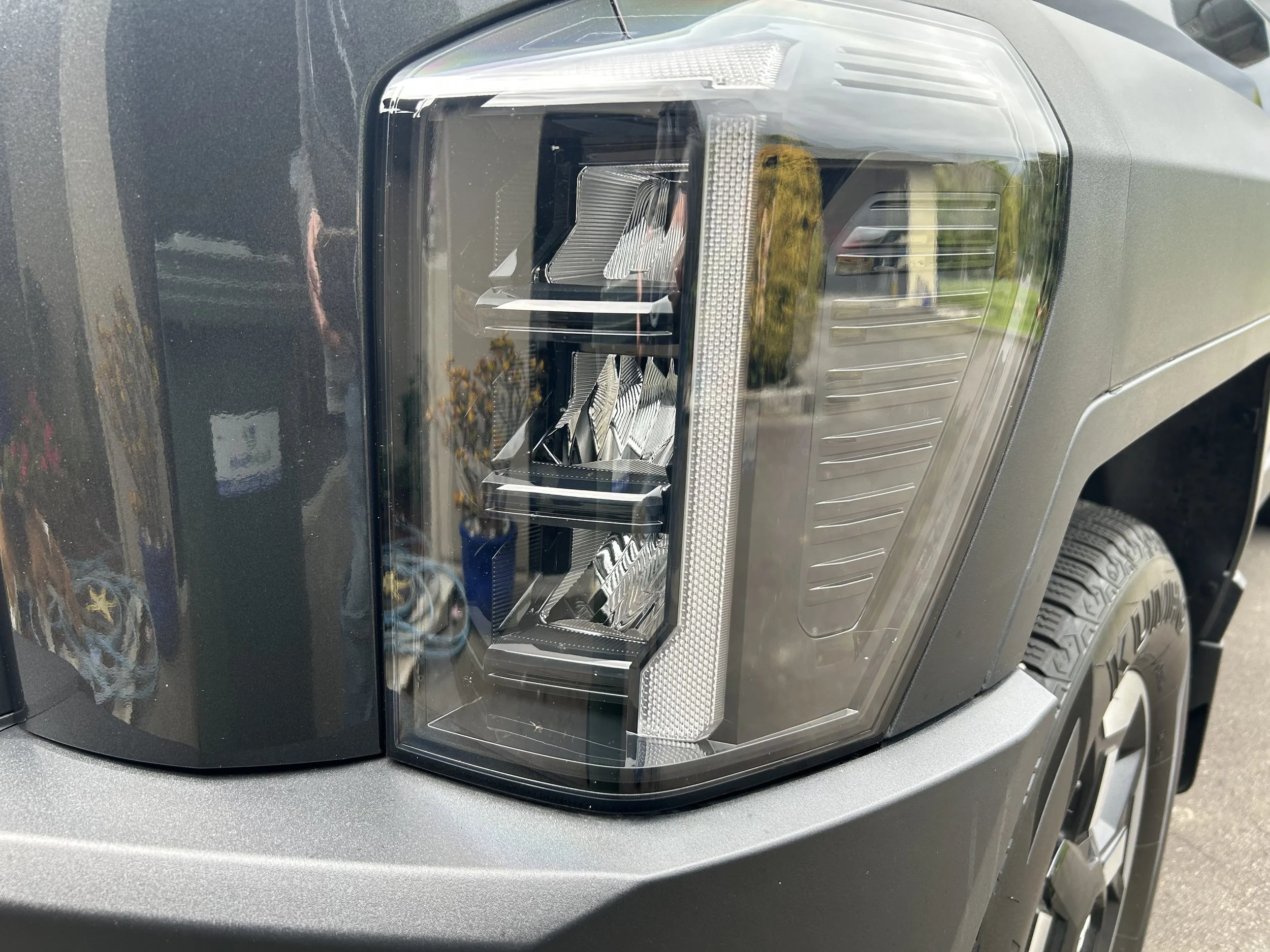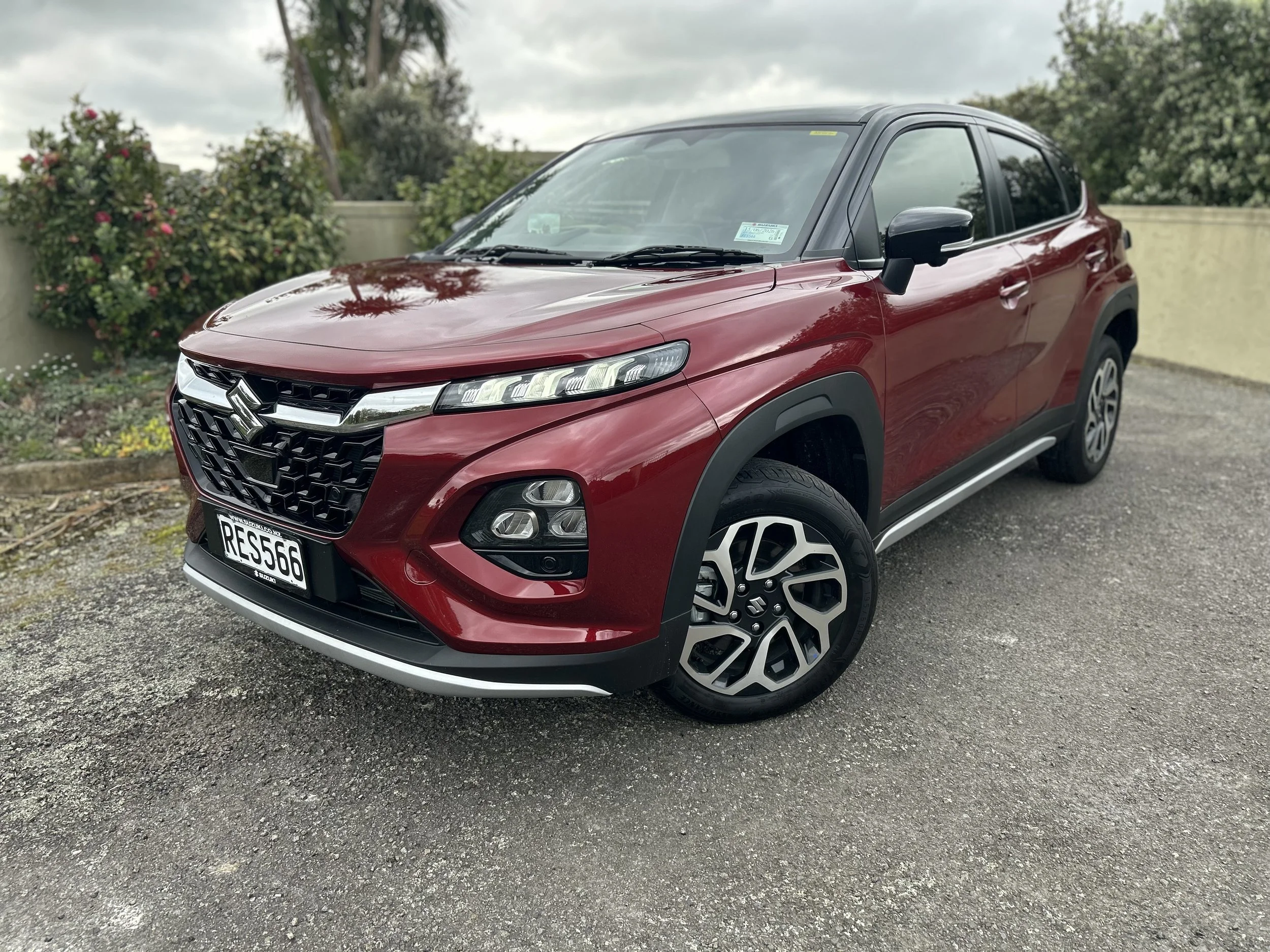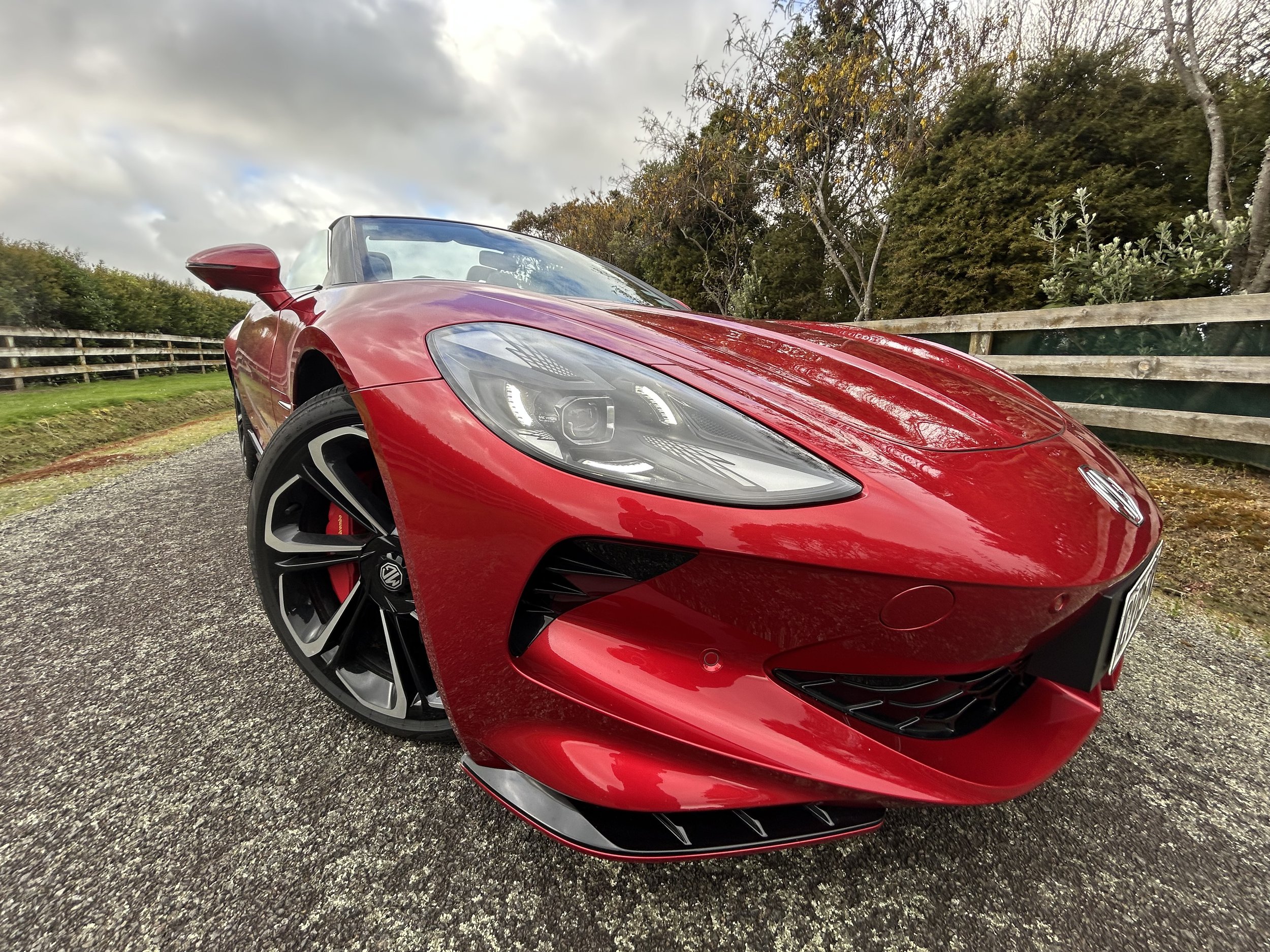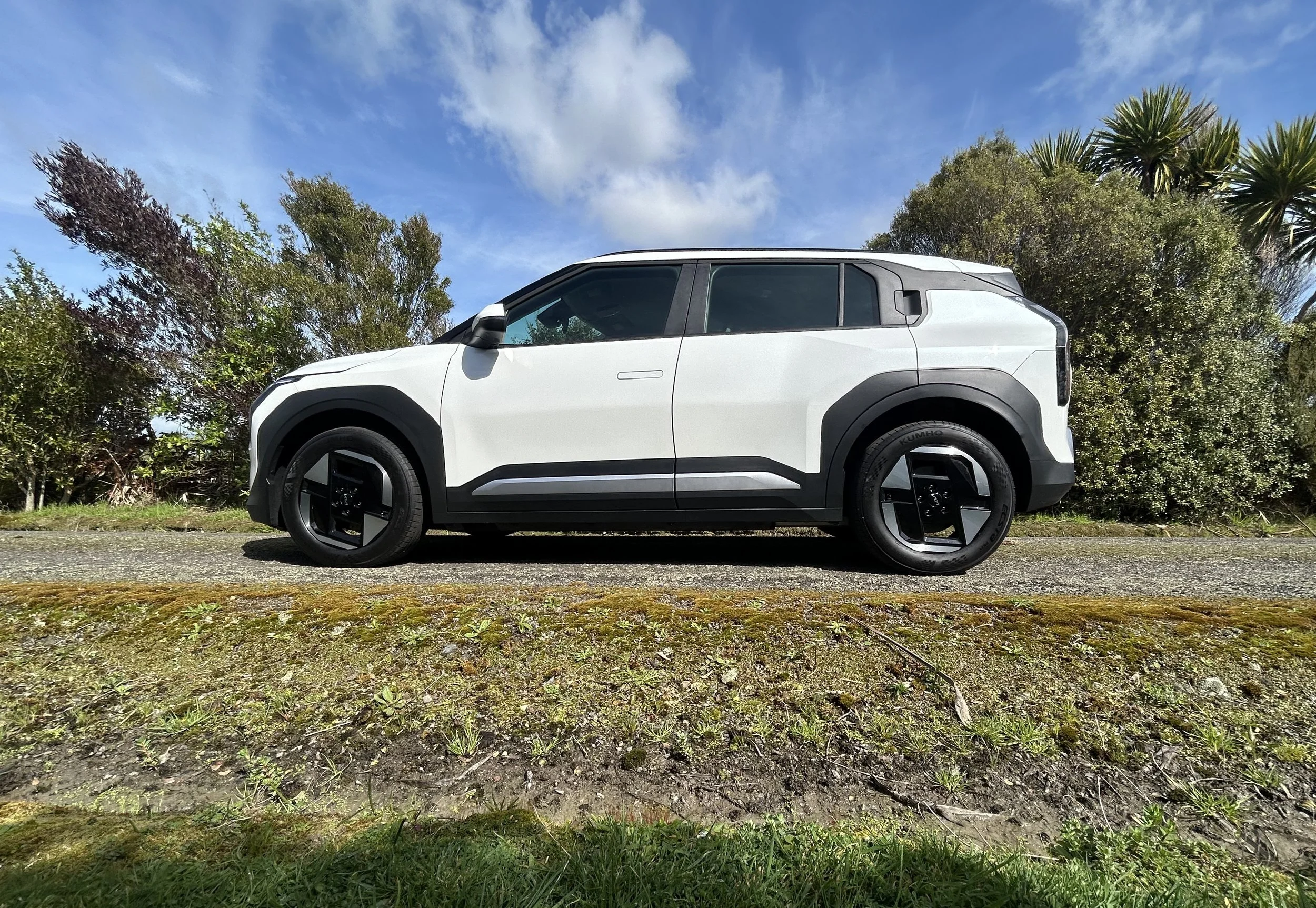No deals, no dealerships – all change for Toyota
/Toyota is changing the way it sells cars – but is it one rule for all?
AN impending annual event that historically has single greatest influence on the sales pace of our favourite vehicle type might conceivably test Toyota’s resolve to stick to non-negotiable pricing.
A ‘no haggle’ strategy announced by the nationally dominant brand is outwardly a massive u-turn for an operator whose long-standing and industry-renowned reputation for aggressive discounting has helped elevate it to become the preferred choice with fleets, including rental operators and Government departments.
Toyota New Zealand has not made clear if its big customers will still achieve special preference from now on – nor has it spelled out how it will address its position at a national event that impacts massively on car sales counts, the upcoming Field Days.
However, it has indicated that private buyers – who, it says, account for up 50 percent of its annual volume (a share at odds with competitor opinion, which has in the past suggested at least 70 percent of most Toyota models go into company-related first usage) – will be subject to the new policy and, as result, be winners too.
Adherence by all stores to a single stated price will end the days of customers seek to save by starting negotiations at small regional dealerships but then buying from big centre outlets which, historically, have been better-placed to present sharper deals.
Now, TNZ asserts, the new ‘transparent Toyota Driveaway Price’ will be the same transparent price nationwide.
There’s pay-off for punters in that stickers on all popular models are going to be slashed, usually by thousands of dollars.
The full extent of those savings is still secret until April 2, but examples outlined by the brand yesterday suggest up to $5000 might be removed from current stickers attached to cars such as the Corolla and Yaris.
The intent to enforce the stated sticker as being the final line rather than a starting point for discussion was announced as the Palmerston North-based brand laid out detail of a broader plan to radically re-engineer its retail network.
As of today dealerships have become stores and sales people have become consultants and product experts.
Commissions will be abolished and stock will be held in three hubs - Auckland, Wellington and Christchurch, from which purchased product will be allocated within 10 working days – while the stores themselves will have demonstrator examples of cars, not available for immediate purchase, for customers seeking test drive experiences.
TNZ, which last year nationally accounted for more than two in every five new passenger car sales and also asserted dominance of the commercial vehicle sector, is adamant that a programme almost 10 years in the making and unrolled as the ‘Drive Happy.’ project is permanent.
Further explanation of the strategy by brand boss Alistair Davis is provided in the attached video, commissioned by the brand. TNZ says the people interviewed in the footage are not actors. The film crew asked for public feedback to being told an unidentified car brand was thinking about undertaking no haggle pricing and what did they think about that.
TNZ senior management says their own model is potentially world-leading and has attracted considerable attention from Toyota operations elsewhere.
They also would not be surprised if competitors take note and ultimately adopt the same kind of approach, though they suggest this would not be the matter of the moment due to the complexity of the changeover.
How will the public really react to this new way? An accurate barometer will very likely come from the national Field Days at Mystery Creek, Waikato.
The annual farming and agricultural trade show, over June 13-16 this year, is the largest in New Zealand and the Southern Hemisphere, attracting more than 120,000 visitors each year.
For vehicle distributors – especially those with models that conform to country operation – it’s become a sales goldmine, delivering significant sales spikes.
The event proper and the associated promotional activities that surround it now play a significant role in the performance of the new vehicle market, so much so that June has traditionally become the biggest sales month for one-tonne utilities, nowadays so favoured that the category-dominant Ford Ranger was also the country’s top-selling new vehicle last year, with almost 10,000 registrations.
Field Days is also considered imperative for the Hilux, which has been the second-best selling ute every year since being toppled from top dog status, by Ranger, some years ago after more than three decades of dominance.
In past years Toyota, like all leading competitors in the sector, has been front and centre with special editions and offering inducements ranging from limited-edition clothing to low finance rates and boosted servicing, warranty and special lease offers.
However, it is commonly known that Field Days presents best opportunity all year to achieve sticker-slashing deals and, since utes are already thought to have fatter margins than passenger cars, brands are reputedly willing to trade off some profit opportunity in order to lift monthly volumes, sometimes impressively.
TNZ has yet to detail its 2018 Field Days promotion but a spokesman’s assertion that no vehicles are to be exempt from the new policy suggests those seeking a special price on a ute might be in for a polite rebuff.
TNZ also says Toyota’s premium Lexus brand is not part of ‘Drive Happy’ but there is potential for future integration.
Davis asserts Drive Happy pioneers a new way of doing business with private, business, fleet and lease customers and is part of the changing face of mobility world-wide.
“Our way of business needs to evolve to align with our customers’ expectations. As a result of the changes we are making customers will save time and money and have more choice.
“We want to put the pleasure back into buying a brand-new vehicle.”
The vehicle selling process has not changed much in the last 50 years, he said, yet today the majority of customers were using online tools to research options prior to their purchase.
Toyota-commissioned research found several likes and dislikes about the current industry- wide buying experience.
The most common concern was price negotiation and never being sure if you got the best deal. Research also found the right vehicle for the buyer’s needs was more important than the best price – hence why Toyota will now offer the same transparent pricing in all its stores, nationwide, Davis explained.
Offering a wider selection of vehicles from the hubs removed any pressure to buy from a limited selection of available vehicles at the dealership.
Customers should feel positive about buying the right vehicle. No business wants to be known for its ‘hard selling’ tactics, says Davis, but sadly that is the reputation that comes with a traditional car dealership.
“Our research has told us people want product specialists and not just commission-focussed sales people,” he said. “We are putting considerable focus on training our people to offer hospitality and a great customer experience.”
Traditionally test drives are a 10-minute drive around the block without the opportunity for the customer to properly evaluate the vehicle prior to buying. Under Drive Happy, flexible test drive options will be available to customers, to ensure customers get the best opportunity to test a range of vehicles in the conditions that suit them.
Toyota will also offer a seven-day money back option, as long as conditions are met, for customers who are not satisfied with their final purchase.
“Customers have told us that when they are at the car buying stage, the majority of them begin their searches online,” says Davis. “We have redesigned our website to help customers in this initial research phase.”
Most of Toyota’s vehicles can now be customised online to individual requirements, as well as being able to add accessories, calculate finance options and view all warranty information.
Drive Happy will also include the Toyota Care Service Advantage package with every new Toyota vehicle sold through the Authorised Toyota Network. Customers will be rewarded with an extended warranty at the end of their first three years of ownership if they are regularly servicing at a Toyota Store.
TNZ has also outlined investment, via its in-house Toyota Financial Services operation, in a locally developed car sharing technology as part of its move to become a mobility company and expand its business beyond financing vehicles.
Toyota Financial Services managing director Brent Knight says the investment in Wellington-based Mindkin is a small part of a worldwide mobility evolution.
“Globally, rapid urbanisation, pollution and congestion have prompted a wave of innovation in transport and new mobility services,” he says.
“Space on roads and in carparks is becoming scarce and expensive, and current inefficient transport options carry high costs.”
Knight says car sharing is one of a number of new mobility services being pursued around the world to allow for more convenient, efficient and flexible travel. Others include ride hailing, ride sharing, carpooling, car rental and shared autonomous vehicles.
Mindkin’s core technology product, Hourfleet, allows more efficient sharing of pool cars with a simplified booking service and vehicle access.
The Mindkin platform gives users of the service the ability to unlock and start vehicles simply using their mobile phones.



